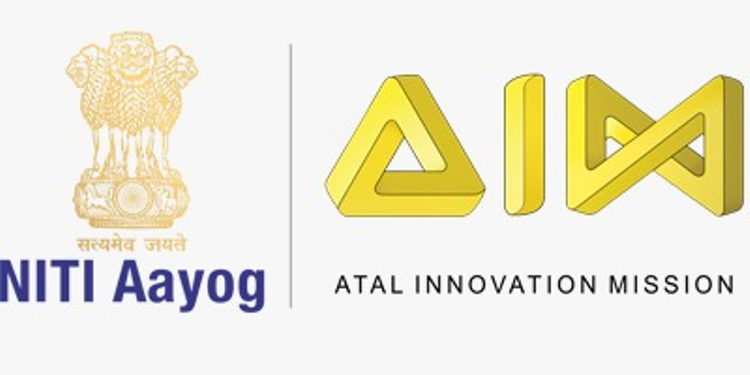AIM and AICTE join hands to empower Atal Tinkering Labs in schools
The partnership offers to begin with to connect around 7200+ Atal Tinkering Labs (ATLs) established in schools with 2500+ Institution’s Innovation Councils (IICs) functioning in higher educational institutions spread across all the states and UTs.

- Country:
- India
On the occasion of Dr BR Ambedkar Jayanti, Atal Innovation Mission, NITI Aayog and All India Council for Technical Education (AICTE), the Ministry of Education’s Innovation Cell announced their strategic collaboration to empower Atal Tinkering Lab school students for world-class future-ready innovation skills across the country.
The partnership offers to begin with to connect around 7200+ Atal Tinkering Labs (ATLs) established in schools with 2500+ Institution’s Innovation Councils (IICs) functioning in higher educational institutions spread across all the states and UTs.
ATLs in schools are equipped with facilities and provide tinkering opportunities to school students to ideate and work on innovative projects and improve their innovation abilities. Whereas IICs in HEIs take the institution’s innovation capability and facility to engage students and faculties in innovation and entrepreneurship activities and provide an opportunity to ideate, innovate and become entrepreneurs.
Both ATL and IIC models have proved as efficient and effective institutional mechanisms to unleash the creative potential of youth and engage in entrepreneurial manifestations. To make these models stronger and impactful, the adoption of ATLs by IICs and continuous mentoring support to ATLs is an integrated ecosystem build up a step from AICTE, MIC and AIM, NITI Aayog.
Moreover, this move is also aligned with the NEP 2020 objective of bridging the gap between schools and higher educational institutions. The adoption process will see actions of online mentoring, lecture sessions, group projects, visits of key stakeholders etc. from both sides.
Speaking during the virtual event, Mission Director Atal Innovation Mission, R Ramanan said “AICTE and AIM have developed a strategic partnership over the last couple of years. The adoption of ATLs and their students by AICTE IICs in proximity to the ATLs will greatly enhance the spurring of relevant knowledge and innovative thinking in the ATL school students leveraging the various innovation-related training and innovation workshop initiatives from IICs”
Chairman of All India Council for Technical Education, Dr Anil Sahasrabud he while speaking on the occasion stressed upon training students as well as inculcating Indian Knowledge Systems and values associated with it.
“I am really happy about this collaboration through which we not only just mentor innovative students but also embed the Indian knowledge sharing value systems among them. I believe giving back to society is a much more crucial value to be imbibed in itself. Therefore, while we aim to embed IoT, Robotics, machine learning, deep learning, 3D, blockchain, augmented reality, virtual reality etc and train students, we must also focus on how it also endorses along with value systems,” he asserted.
In his address, Chief Innovation Officer (CIO) at Ministry of Education, Govt. of India Dr Abhay Jere said “If we really wish to emerge as a truly innovative nation then we have to ensure that we have a huge pipeline of great ideas. In this context, I believe that this partnership between Atal Innovation Mission and IICs will contribute immensely, enabling a seamless flow of ideas and human resources thereby creating a generation with an entrepreneurial mindset.”
Meanwhile, the collaboration will also offer a unique opportunity for students to participate in innovation contests, even as they have a chance to receive mentoring support, access to university ecosystem support etc.
(With Inputs from PIB)










